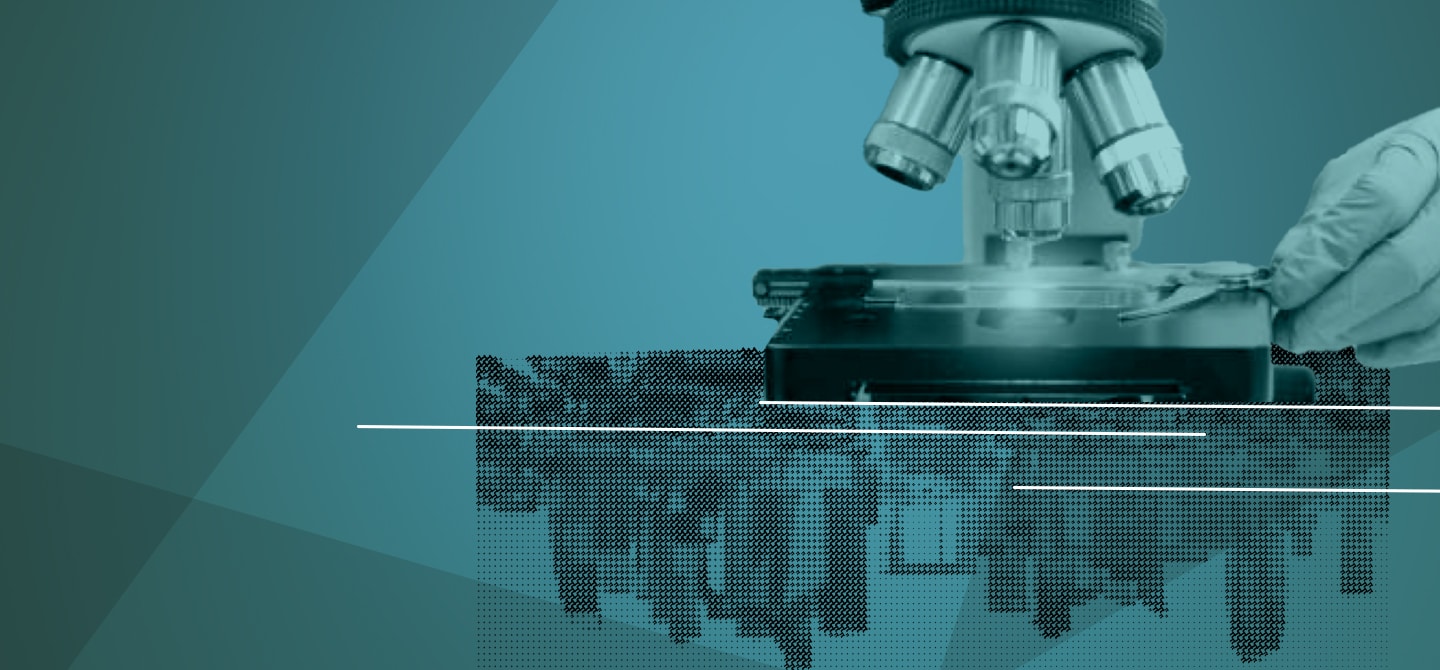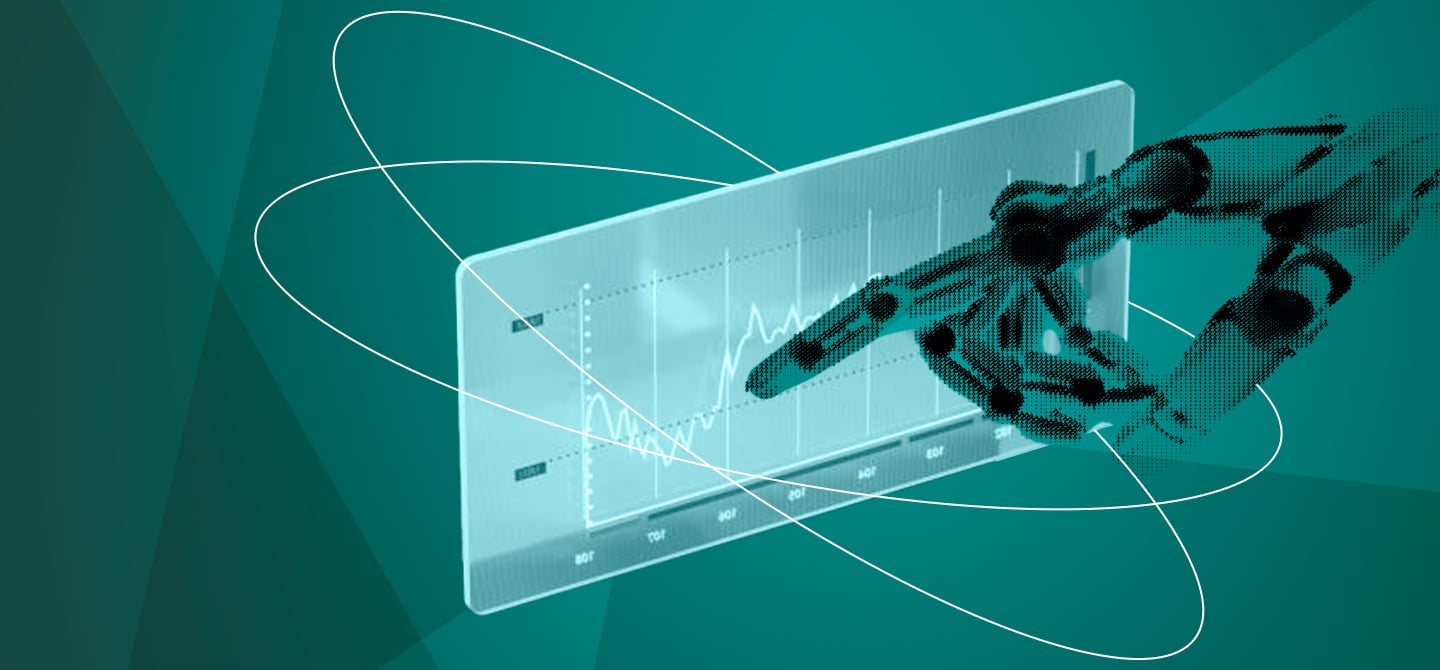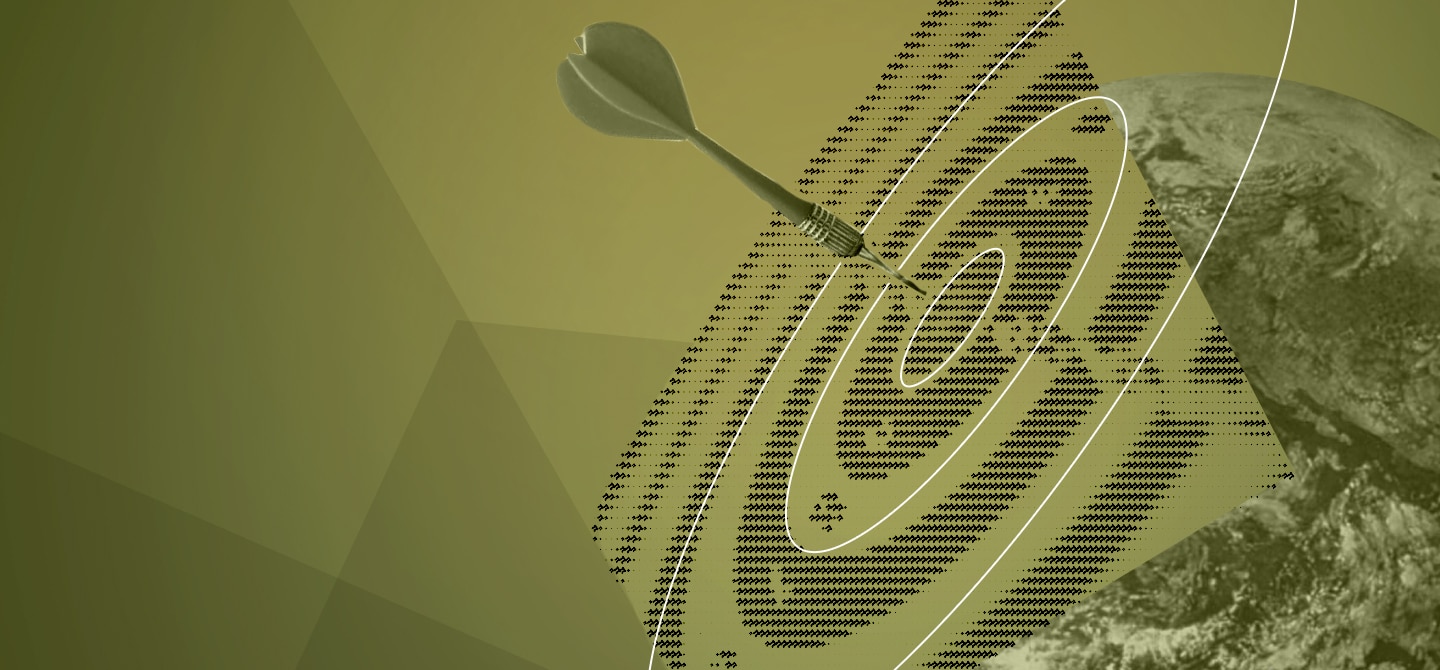In entrepreneurship, incubators are structures that offer support programmes to help, accompany and accelerate the development of new businesses. However, while they are important for the social integration and reintegration of people facing difficulties in life – from disability to complicated social situations – they must also take into account the needs of beneficiaries and adapt to them. Hence the idea of a mobile incubator that would travel and adapt to the constraints of entrepreneurs in difficult circumstances.
The emergence of entrepreneurial projects under difficult circumstances
Bastien had an unstable childhood marked by domestic violence, placements in care homes, and early delinquent behaviour. After running away from home several times, he lived on the streets, dealing drugs and stealing. He became a father at 17 and was imprisoned three years later. Upon his release from prison, he attempted to stabilise his life, but faced a series of conflicts, breakups, and relapses into delinquency: after another incarceration, his partner left him, and when his sentence ended, he lived on the streets and occasionally slept in hotels. However, Bastien has a plan. He wants to open a Greek restaurant with a friend, Maxime, another young homeless man who was placed in care at the age of six months and grew up in various shelters and foster homes. Maxime, whose adolescence was marked by running away, violence and stints in facilities for young offenders, wants to be his own boss. “I see myself getting a small flat and being my own boss. If I feel like working tomorrow, then I’ll work. If I don’t feel like working, I won’t work. There’s no one who’s going to call me and ask me where I am, all for £1,200 at the end of the month.” He imagines starting his own business with his girlfriend, “living a normal life.”

This entrepreneurial project emerges against a background of extreme precarity: life on the streets, prison sentences, multiple breaks with educational, professional and family institutions. Without access to traditional employment pathways, entrepreneurship becomes a route to self-empowerment. It is motivated by the quest for autonomy as an attempt to reinvent oneself. This desire to start a business is marked by a lack of resources. These homeless young people seem very far removed from the material and social conditions that would allow them to launch an entrepreneurial project in a conventional setting: lack of financial, social and symbolic capital, as well as residential, legal and emotional instability. They are part of a logic of survival entrepreneurship.
Alice and Gabriel are entrepreneurs with disabilities, which severely limit their mobility. Alice notes that “the negative aspect, of course, is getting around.” For her, the best practice is to “limit it as much as possible.” Gabriel has always been in the habit of having some of his service providers come to him, while Marwa finds it difficult to move around with her electric wheelchair in her incubator. Finally, Vincent is visually impaired and works mainly in an incubator: “I never know if I’m on the left or the right,” he explains. “I find it difficult to find my bearings, especially with all the technology.”
Business practices are strongly influenced by the need to adapt to physical or logistical constraints. Disability does not make it impossible to be an entrepreneur, but it does have a significant impact on organisational and spatial choices. As such, entrepreneurs develop active strategies to work around these constraints: travel is avoided or reduced. And despite the integration of entrepreneurship support mechanisms, environments are not fully inclusive. Accessibility is not limited to entering a building but also involves the ability to interact fully with the workspace. The technological environment is also a factor in functional exclusion. Incubators can reproduce forms of exclusion through their architecture or digital design. Entrepreneurship is hampered by standardised environments. However, it should be aware of the diversity of abilities. True inclusion requires thinking of the working environment as an ecosystem that is physically, cognitively and digitally accessible.
The mobile incubator: adapting entrepreneurship to individuals and their needs
This is why social innovation is based on bringing together people who are committed to solving social or economic problems, with the aim of improving people’s well-being. It harnesses individual and collective creativity to design new, effective and inclusive solutions that respond to unmet social needs in the form of innovative practices, approaches, interventions or products. The creation of a mobile incubator is a social innovation targeting specific needs identified in certain populations, particularly homeless young people and people with disabilities. These populations face experiences of stigmatisation, exclusion or precarious living conditions, and encounter obstacles on their path to independence, particularly when they aspire to become entrepreneurs. In addition to material difficulties, such as problems of mobility, accessibility or geographical isolation, they also face symbolic barriers such as social disqualification or weak social and/or economic capital. However, despite these constraints, some people from these populations express a desire to become entrepreneurs or develop their own businesses.
The mobile incubator supports entrepreneurial initiatives led by people who may be isolated from economic channels, while adhering to conditions based on social justice principles.
In light of these findings, a mobile incubator – i.e. a flexible and adaptable mobile facility – appears to be a viable alternative, as it allows support services to be brought to the people themselves, by investing in their living environments and communities. Whether operating on the street, within associations, in shelters or at home, this kind of incubator would offer geographical, social and symbolic proximity, which is conducive to building trust. It would enable the decentralised provision of training, mentoring, project formalisation support and access to finance, adapted to the pace, constraints and aspirations of the beneficiaries. This system would be based on a mobile team of entrepreneurial support professionals trained in the challenges of precariousness and inclusion. Through their presence in the field, these facilitators could actively mediate between the people they support and existing entrepreneurial ecosystems.
In this way, the mobile incubator would not only help to identify and support entrepreneurial initiatives led by people who may be isolated from economic channels but also redefine the very conditions for access to entrepreneurship, placing support at the heart of a social justice approach. Ultimately, this mobile incubation model contributes to the democratisation of entrepreneurship, building an accessible, equitable form of entrepreneurship rooted in people’s lived realities, by promoting their capacity for action.








